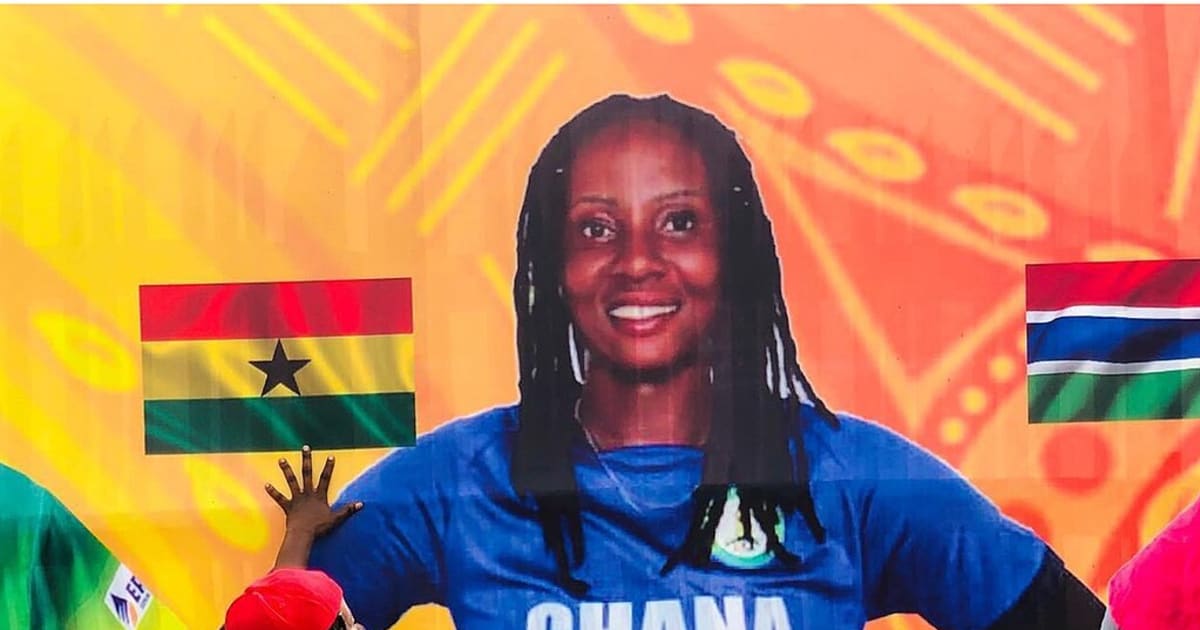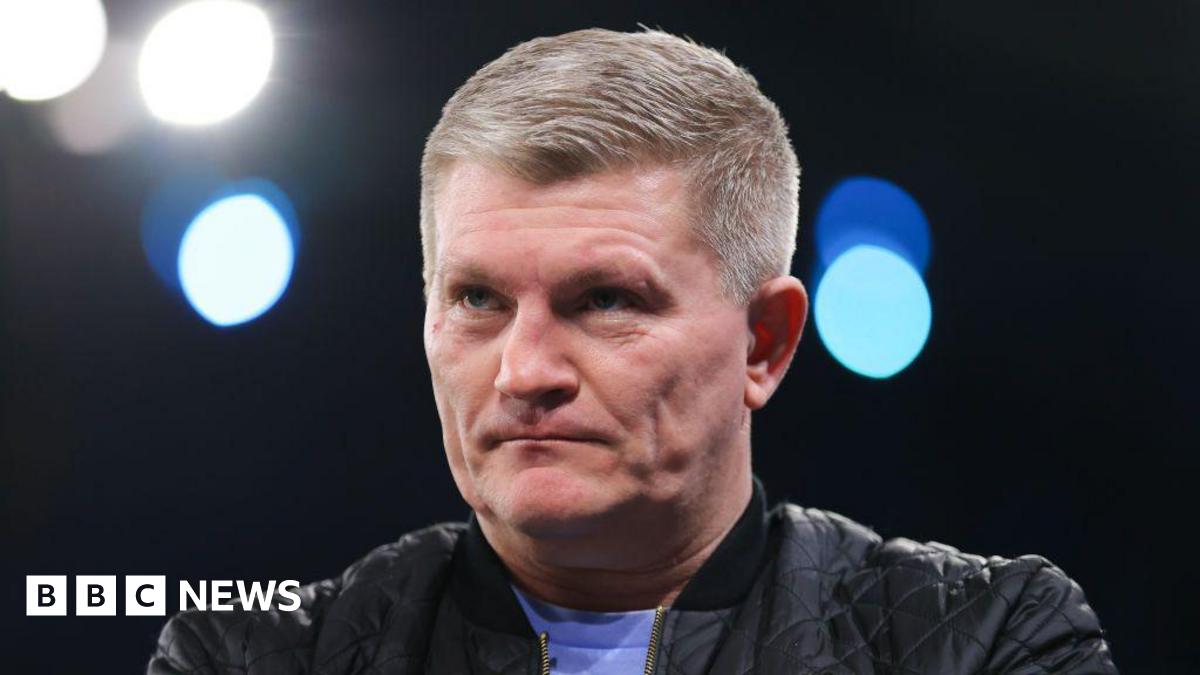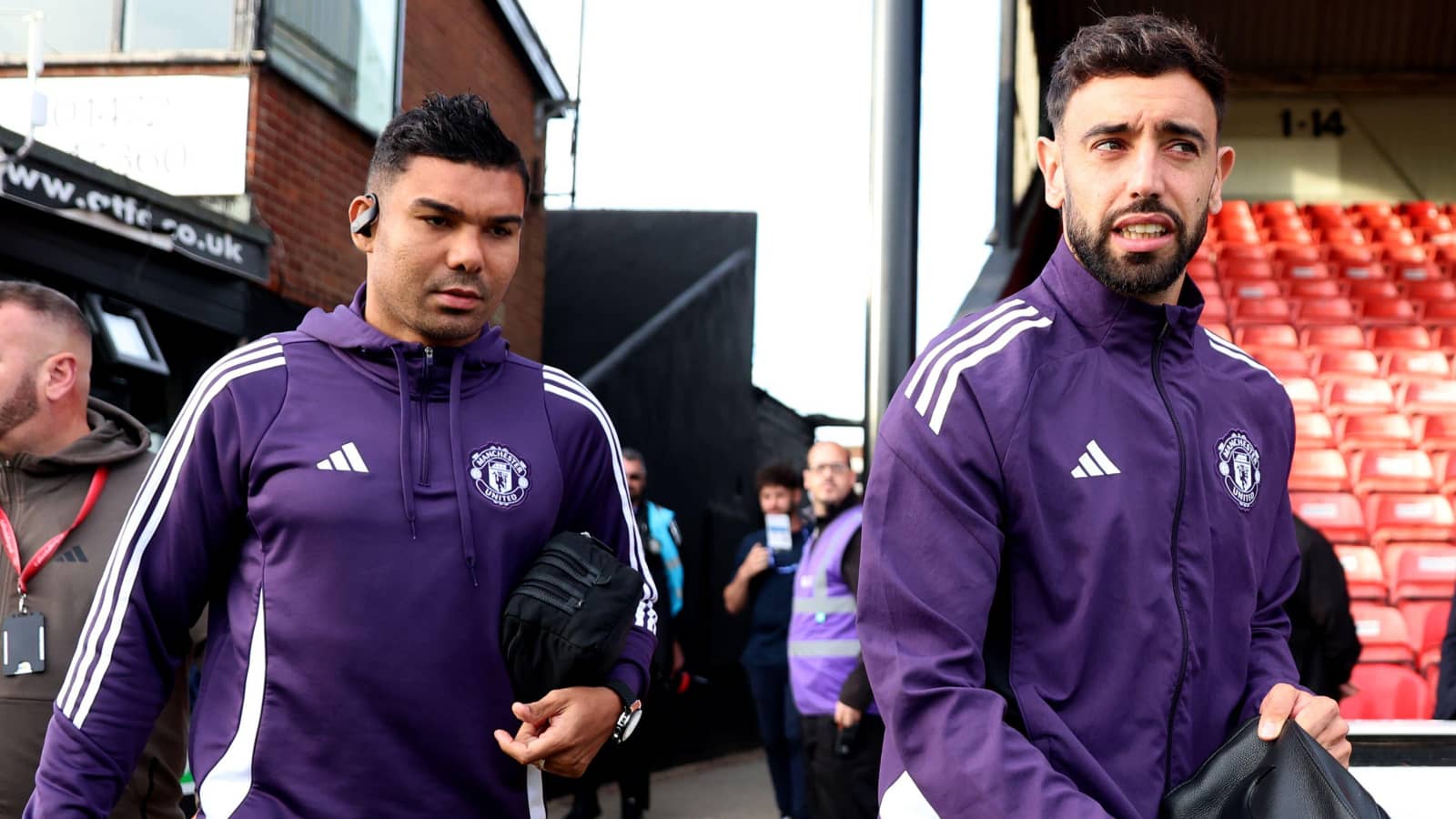Rhyda Ofori Amanfo: How cricket has changed my life

Cricket has transformed Rhyda Ofori Amanfo’s life in profound ways.Ever since she began playing the sport at age 11, the captain of Ghana’s national cricket team has drawn countless life lessons from cricket, applying them to her daily life with purpose, resilience, and conviction.“Cricket offered something different,” she tells Olympics.com. “It challenged me in ways no other sport did. When I first picked up a cricket ball, I realised it wasn’t just about strength, it was about technique, teamwork, and mental sharpness. That uniqueness drew me in, and over time, I fell in love with the game.”One of her most memorable moments happened during the 2018 North West African Cricket Championship (NWACC), held in her native Ghana. “At the time, I was seven months and two weeks pregnant with my son. Despite the physical demands, I felt a strong sense of responsibility, my teammates looked up to me, and I knew they would have been disappointed if I didn’t play.”“Interestingly, the Ghana Cricket Association (GCA) was unaware of my pregnancy; only the team manager and coach knew. I went on to have a successful tournament, and we proudly finished as runners-up. It remains one of the most defining and inspiring chapters of my career.”Read on to find out what she hopes to do for the development of cricket in Africa.Ex-New Zealand cricket star Ross Taylor comes out of retirement to play for SamoaRhyda Ofori Amanfo: Pushing boundariesAmanfo’s decision to specialise as a bowler was shaped by both instinct and her academic background. She believes education and performance in cricket are deeply connected.“Education helped me approach cricket with a strategic mindset. Understanding biomechanics, analysis, and technique has allowed me to refine my bowling and improve consistency. It’s made me a more thoughtful player, which is crucial for a bowler who needs to outthink the batter,” she explains.“Education sharpens critical thinking, problem-solving, and decision-making, all essential in cricket. It also teaches discipline and time management, which directly impact performance. A well-educated athlete can analyse situations better, adapt quickly, and perform more consistently.”Away from the pitch, Amanfo works as a miner, a profession that demands grit, focus, and discipline. “Mining and cricket share a lot in common. Both require planning, teamwork, and the ability to perform under pressure. Balancing both roles has taught me time management and mental strength,” she says.Amanfo is also the founder and president of the Obuasi Cricket Academy, the first of its kind in Ghana’s Ashanti region. “My dream is to put Ghanaian women’s cricket on the global map. The academy is a step toward that, creating a space where young girls can believe in their potential and pursue greatness.”Cricket, she says, has given her more than medals and titles: “It’s taught me patience, resilience, and discipline. It’s connected me to incredible people and opened doors to leadership and international platforms."She became the first Ghanaian cricketer to play in the U.S. when she featured for Atlanta Pearls Women's Club at the 11th edition of the Georgia Women's Cricket Association Invitational Tournament in May 2024. "It was a milestone I’ll always cherish, thanks to Ms. Petal Samuels and the Atlanta Pearls Women’s Cricket Club,” she recalls.Rhyda Ofori Amanfo: A Vision for Women’s Cricket in AfricaAmanfo is candid about the challenges facing women’s sports in Ghana and across Africa. Despite her personal accomplishments, she acknowledges that cricket in Ghana is still in its developmental stages.“It’s not yet as financially rewarding as other sports. Limited sponsorship, infrastructure, and media coverage make it tough for players to earn a stable income. But with more investment and international exposure, I believe that will change.”“Interest is growing, especially among girls. With more investment, grassroots development, and better facilities, Ghana can rise on the international stage. I want cricket to become a household name here.”She also calls for broader support across the continent. “We’re not getting enough attention or support yet, but the potential is huge. We need collaboration between cricket boards, governments, and the private sector. Promoting women’s leagues, investing in facilities, and amplifying success stories through media can transform the landscape.”









